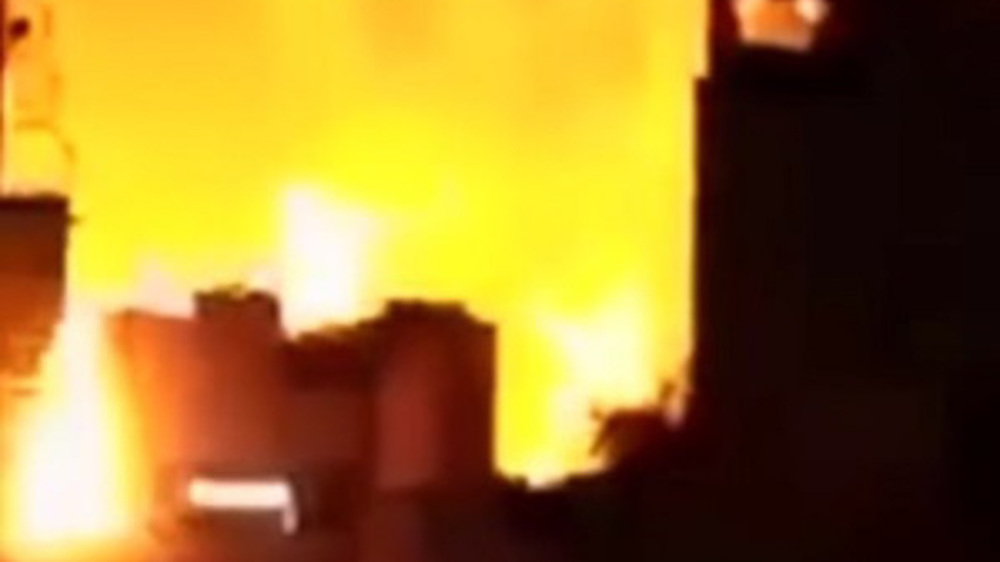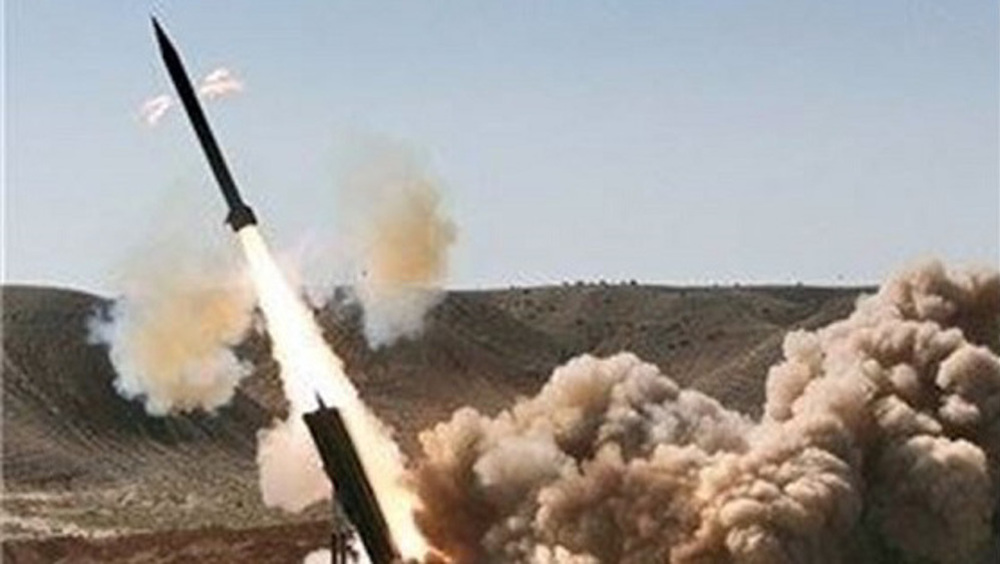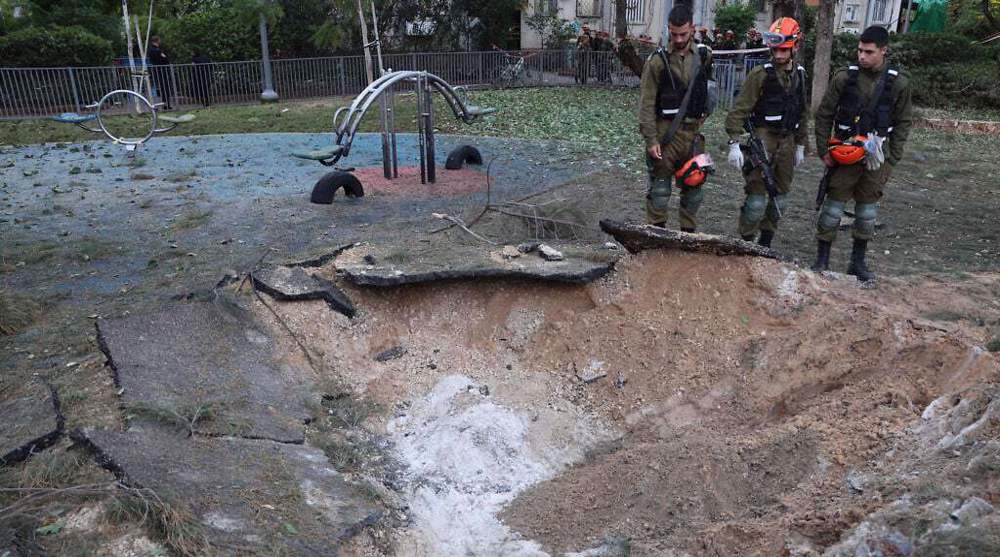Charity group censures UK over selling arms to Saudi Arabia
A prominent international charity group has censured Britain for selling arms to Saudi Arabia, accusing London of “exporting fear” to Yemeni children.
Save the Children said in a report on Tuesday that Britain had earned at least 3.2 billion pounds (4.24 billion US dollars) from selling missiles and military equipment to Saudi Arabia and its allies during the ongoing war in Yemen.
The London-based NGO also said the UK was one of the largest international donors to help those trapped in Yemen’s war through humanitarian aid, while supporting constant Saudi airstrikes on civilians in the impovrished country.
“The UK is leading the world by providing aid to Yemen, but we are also providing weapons and support to countries involved in a conflict that is killing, maiming and starving children,” the charity’s chief executive Kevin Watkins said. “The UK should stand tall in the world and export hope to Yemen’s children, not fear.”
Meanwhile, Britain's Shadow International Development Secretary Kate Osamor warned that “this report sounds the alarm bells once again” on the “disjointed” cross-government approach to international development.
“[It] highlights the sheer hypocrisy of delivering aid to Yemen while British-made bombs rain down,” she said. “Labour will review the way... decisions are made on the exports of arms and we will review the cross-government approach to aid spending, making sure it delivers development outcomes for the world’s many, not short-term benefits for the few."
A British government spokesperson, meanwhile, claimed that, “The UK is the third largest donor to Yemen, having committed over £155 million in UK aid this year," and that London is playing "a leading role in diplomatic efforts to achieve a political solution, which can end the conflict and the terrible humanitarian suffering" in the war-ravaged country.
The UK government takes its defense responsibilities “very seriously” and “already operates one of the most robust export control regimes in the world,” the spokesperson said. “We rigorously examine every application on a case-by-case basis against the consolidated EU and national arms export licensing criteria.”

A report published by The Guardian in May showed that the UK was selling record quantities of arms to countries the Foreign Office listed as having poor human rights records, including but not limited to Saudi Arabia, Bahrain, Burundi and the Maldives.
In 2015, over £3 billion of British-made weaponry was licensed for export to 21 of those countries, according to the report.
Britain has signed a framework deal on military and security cooperation with Saudi Arabia, media outlets said in September.
Saudi Arabia has been incessantly pounding Yemen since March 2015 in an attempt to crush the popular Houthi Ansarullah movement and reinstate Yemen's former President Abd Rabbuh Mansur Hadi, who is a staunch ally of the Riyadh regime.

More than 12,000 people have been killed since the onset of the campaign more than two and a half years ago. Much of the Arabian Peninsula country's infrastructure, including hospitals, schools and factories, has been reduced to rubble due to the war.
The Saudi war has also triggered a deadly cholera epidemic, which is believed to have affected 700,000 people since April, in Yemen. The military aggression has also left nearly 21 million people in need of humanitarian assistance.
VIDEO | Rome, Milan host new protests in solidarity with Palestinians
Dec. 21: ‘Axis of Resistance’ operations against Israeli occupation
Spain jurists demand ties with Israel ties be cut
VIDEO | Press TV's news headlines
VIDEO | Iran honors top Science Olympiad medalists
VIDEO | Austrians arrested at Gaza protest in Vienna
10 killed in bus crash in western Iran
VIDEO | One-man-band journalism with Civili












 This makes it easy to access the Press TV website
This makes it easy to access the Press TV website